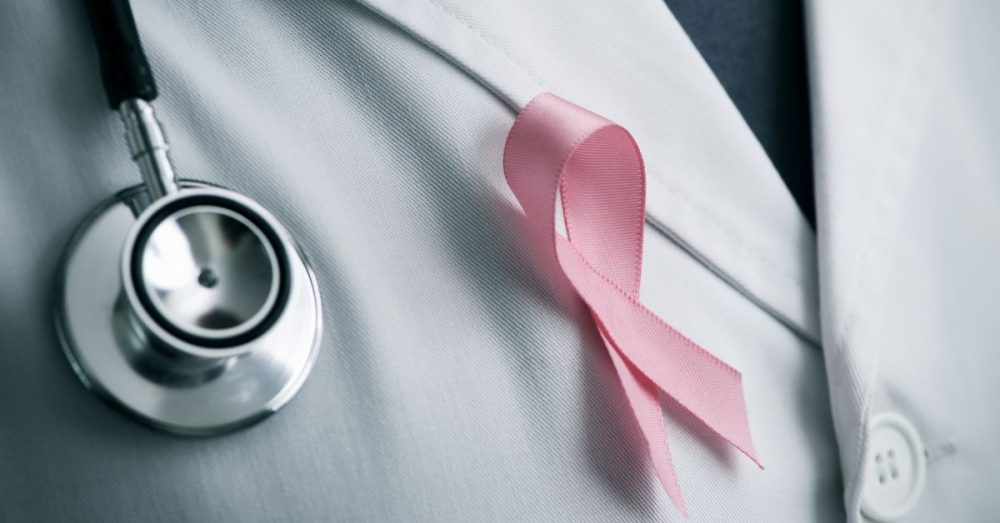A researcher has developed a theory about how medical professionals should approach treating men with breast cancer.
Breast cancer might sound like it’s strictly a women’s club, but men can get in on the action too. Sure, they don’t have the same curves, but men still have breast tissue that can turn rogue. So, fellas, don’t ignore that lump just because you think it’s all muscle. Give your chest a check-up now and then. Remember, equal opportunity extends even to those pesky cancer cells. Stay vigilant and take care of those pecs — they deserve some TLC too!
Breast cancer in men is rare, accounting for less than 1% of all breast cancer cases. About 1 in 833 men will be diagnosed with it in their lifetime, but early detection can significantly improve outcomes.
One unlucky male individual who was diagnosed with breast cancer was the actor Richard Roundtree. He was known for playing the titular character in the 1970 film Shaft. Following his diagnosis in 1993, he spent time raising awareness about male breast cancer. He underwent chemotherapy and a double mastectomy. He died last year, although from pancreatic cancer.
Here’s some of what WishTV.com published on how a researcher thinks the approach to treatment should be reformulated:
More than 300 thousand people in the U.S. will be diagnosed with breast cancer this year, and it’s not just a disease that impacts women.
Almost 280 men will be told they have it. And for men, the diagnosis is commonly made after the cancer has spread.
That means curing it is even harder, if not impossible.
But now, one man is adapting a theory from farmers to change how men and women with breast cancer are treated.
University of Utah Neurobiologist Christopher Gregg has dedicated his life to studying human genetics, but little did he know he would become his own lab rat.
“As somebody who does run a lab with many lab mice, the irony has not been lost on me,” Gregg said.
Gregg was diagnosed with breast cancer.


